Vegan Life | Health
How to Change Your Eating Habits, Forever (Creating a new food lifestyle that you won't want to cheat on!)
August 14, 2020
Contents
- Understand Your Motivation
- Know Your Baseline
- Pick Just One Goal (at a time)
- Mind Your Health
- Be Open to Different Food Lifestyles
- Don't Eliminate Before You Add
- Cravings Don't Stay the Same Forever
- Develop "Poison Vision"
- Become a Foodie for Your New Diet
- Master Your New Go-To Foods
- Keep Some Pre-Cooked Meals in the Freezer
- Know Your Lifestyle
- Know Your Weaknesses
- Get Support
- Don't Sweat the Things You Can't Change
I've changed my diet many times in my life. At the age of 10, I abruptly stopped eating meat. In my 20s, I switched over to a mainly organic diet and started cutting out most junk food and fast food. In my 30s, I gradually went vegan. Every time I made a change to my diet, I used different approaches and techniques. Some were better than others. But I didn't "go on a diet." Instead, I changed my eating habits. I've been able to sustain all these changes over the long term, without feeling like I'm missing out on anything. This is my ultimate guide to how I did it, with my most effective methods (and how you can too!)
Note: I personally am vegan and eat mostly organic foods, but these methods can be applied to any changes you want to make to your diet, whether it's cutting out sugar, eating whole foods, or any other diet change you want to make. I'm not here to tell you what you should or shouldn't be eating, because that's up to you!

Note #2: You'll see me use the word "diet" a lot in this article. I'm not referring to short-term restrictive diets, unless otherwise noted. I'm using the word to mean "the foods that a person eats." We're going for an entire lifestyle change that can last a lifetime.
Understand Your Motivation
Knowing your "why" is critical to building a strategy for changing your diet going forward. You might have many reasons that you want to create a new habit around food, like improving your health, losing weight, saving the animals, or reducing your impact on the environment. But most people have a primary reason. You should be clear about what that reason is.
The strategies you use to maintain your new lifestyle will be different depending on your motivation. For example, if you're going vegan for your health, you may want to remain open to other diets, but if you're doing it for the animals, you will want to do everything you can to find ways to make that specific diet work for your body.
Know Your Baseline
Most Americans grew up eating some amount of processed foods, fast foods, sodas, and "junk" foods. But there's a broad spectrum of junk food diets, from those who grew up having it as an occasional treat, to those who never even had a nutritious meal. Knowing where you're starting from can help you to have realistic goals that you can stick with.
As an extreme example, let's say you grew up eating only takeout and processed foods. You've never had a fresh-cooked meal, or fresh fruits and vegetables. If you suddenly decided to eat only raw, organic, vegan food, it would be an almost impossible change to make overnight. Having never tried any of these foods, you don't know which ones you like and which ones you don't. There are exactly zero foods that you already know how to make on your new diet. You will have to research how to prepare every single bite of food that goes into your mouth. That's frustrating enough on its own, but add hunger to that frustration, and it won't be long before most people would return to their old habits.

It's okay to want to eventually achieve a particular diet, but knowing your current baseline will help you decide on a good short-term goal. That might be something as seemingly small as giving up soda and other sugary drinks within 30 days. Or adding two servings per day of fruits and vegetables to your diet. It's better to pick something realistic that you will be likely to succeed at, rather than being overly ambitious and getting overwhelmed.
Pick Just One Goal (at a time)
As I mentioned, it's unsustainable to change your entire diet overnight. Why? It has taken us an entire lifetime to learn what to eat. We know what our go-to foods are, we know what restaurants we like, what we can cook in a pinch, and our favorite indulgences. We also know what foods we've tried and didn't like.
To change your diet overnight means you also need to replace all those things overnight. When you change your diet, you're going to need to try a lot of new foods. You're not going to like all of them. And there will only be a small portion of those foods that are your favorites. It takes time to try all of these foods.
Without a mental library of foods to eat, you're either going to be spending all your time searching for new, interesting foods to try, or you'll be dependent on a meal plan to tell you what to eat. If you have a life outside of food, it's almost impossible to spend that amount of time planning every meal.
Rather than making such radical changes to the way you eat all at once, pick just one thing to change first. This gives you a small section of your diet to replace, instead of the whole thing at once. It means that many of the foods you eat now, you'll still be able to eat. When you have time to try new foods, you can. And when you're stressed and hungry and need to eat something now, you can.

Long before I went fully vegan, I spent a month focusing on eliminating dairy from my diet. I was able to try lots of non-dairy milks, yogurts, ice cream, and cheeses over that month. And I tested out new recipes that replaced milk and butter with other ingredients. I was able to keep at least 75% of my original diet in place, while I experimented with the other 25%. This small change meant that from day-to-day I was mostly eating foods I loved, and only occasionally finding things that weren't so great.
Mind Your Health
When you change your diet, your health can change too. Hopefully, your health improves, but sometimes it might worsen. This is another reason to change your diet slowly. If you change just one thing at a time, you can pinpoint exactly what the change was that led to the change in your health. If it's a negative change, it will be easier to identify and solve the problem quickly.
When I quit dairy for 30 days, I didn't notice a change in my health. However, when I tried dairy again, I had immediate digestive issues. If I had also been eliminating and reintegrating meat, eggs, and non-organic foods into my diet, I wouldn't know which one of those things was making me feel awful.
Before you change the way you eat, you should research possible deficiencies associated with your new diet. I've heard of so many people giving up on their new eating habits because they got sick. Maybe the new diet just wasn't right for them, and it wouldn't have worked no matter what they did. But they might also just be missing some key nutrients. If there are nutrients that are hard to get on your specific diet, go out of your way to find foods that contain them. And take a multivitamin as your safety net, in case your diet isn't perfect (spoiler: it's not).

Be Open to Different Food Lifestyles
You might be tempted to go all-in on a diet because you've seen other people get amazing results on it. Diets come and go, and the most popular diet right now might not be right for you. Everyone's body is different. What works for that Instagram influencer might not work the same for your body. But there is probably something else that does work for you. When you add and eliminate foods gradually, pay attention to how each one affects your health and your body, and eat what makes you feel the best!

Don't Eliminate Before You Add
I call this theory the abundance diet. (I found out that there's an abundance diet book, but it's not the same idea.) With this practice, I start by only adding new foods to my diet. I know what I eventually want to eliminate, but I don't stop myself from having it. The idea is to focus on the amazing new foods you can have, and not to worry about what you can't have.

Human nature is to get excited about new things. But under stress, we can fall back on old ways, and if we don't allow ourselves that, we feel deprived. Or when we do give in, we feel we've failed and we give up altogether. Avoiding both feelings (deprivation and failure) is key to sticking with new food habits.
During the initial phase of "the abundance diet," I search for recipes, grocery store foods, and restaurant dishes that fit the new diet I want to transition to. I use this time to try out as many of these foods as I can manage. But if I'm pressed for time or stressed and hungry, I eat whatever I can. Or if I'm really craving something that's not part of the new diet, I eat it anyway. Again, the point of this is to focus on the excitement of the new foods, not to deprive yourself.

This phase doesn't have a set time limit. It ends when you feel like you can give up the old foods without missing anything. Usually, that means that you've found a lot of new foods that you absolutely love. You've found foods that are easy to make when you don't have a lot of time. You've found lots of restaurants that you can eat at that your friends will also enjoy.
When I went vegan, this phase lasted about a year. Only after that time did I completely eliminate all animal products from my diet. This is how I made lasting change. I didn't begin my diet until I had already fallen in love with it.
Cravings Don't Stay the Same Forever
When your body needs nutrients, it sends you signals. Those signals are felt as hunger. We also have very specific cravings sometimes. In my experience, those cravings are your body's request for a certain nutrient. If your body needs protein, and it's only gotten protein from burgers in the past, your body will crave a burger. If you need calories, and you've gotten a lot of calories from soda, your body will crave soda. When I have these cravings, I try to translate the craving into the nutrient my body is asking for. Then I give my body that nutrient in a healthier form. (Disclaimer: This is theory is based on my personal observations, there's no scientific research on this that I'm aware of to either prove or disprove it.)
From my experience, cravings for old foods stop happening after a couple of months of changing your diet. Even better, you'll find yourself craving healthy foods instead.
I tell you this because I know that in the moment, it can feel like you're going to have those cravings for the rest of your life. But your body can be trained to have newer, better cravings!
Develop "Poison Vision"
This technique is a little extreme, and I don't recommend it for every circumstance. I would use this only for those things that you are 100% sure that you want to quit entirely, but you just can't give up. For me in my early 20s, that was fast food.
As a broke student, I relied on McDonald's and Wendy's to get me through college (I had started eating meat again during college). And it was so convenient, delicious, and cheap that it was really hard to give up later. But I knew it was terrible for me. I had done a lot of research and I realized that it was basically poison. I thought, "if food that's bad for you looked as ugly and unappetizing as it really is, no one would ever want to eat it."

I thought about what those burgers would look like if I could see them for what they really were. I painted a picture in my mind of purple poisonous goo oozing out the sides of the burger. I let that vision sear itself into my brain. Then, whenever I had a thought or a craving for fast food, I brought that visual back into my mind. That worked so well that I have (almost) never eaten fast food since that time (about 15 years ago). The exceptions I made were only when I was really, really stuck in a place with no other options, like a small airport. Even then, I wasn't even tempted to get a whole meal. I would just get a small order of fries to hold me over until I could get better food.
Become a Foodie for Your New Diet
Who doesn't love an adventure? Who doesn't love trying new things? Well maybe some people don't, but if you're one of those people who enjoys finding new flavors, use that to your advantage! The more things you try, the more foods you will find that you absolutely love.
Your new diet, whatever it is, does not mean you have to eat food you hate. (If it does, it probably won't last long). A lot of people around the world are changing their eating habits. There are plenty of creative people out there making new recipes and foodie creations that work with any diet you feel is best for you. Thanks to the internet, people are sharing these creations, and you can find them easily.
Make it a goal to find restaurants in your area that offer meals that fit your new eating habits, and try a new one each week or month. You might also find inspiration for meals to make at home. If it motivates you to share your food finds on Instagram, then share them.
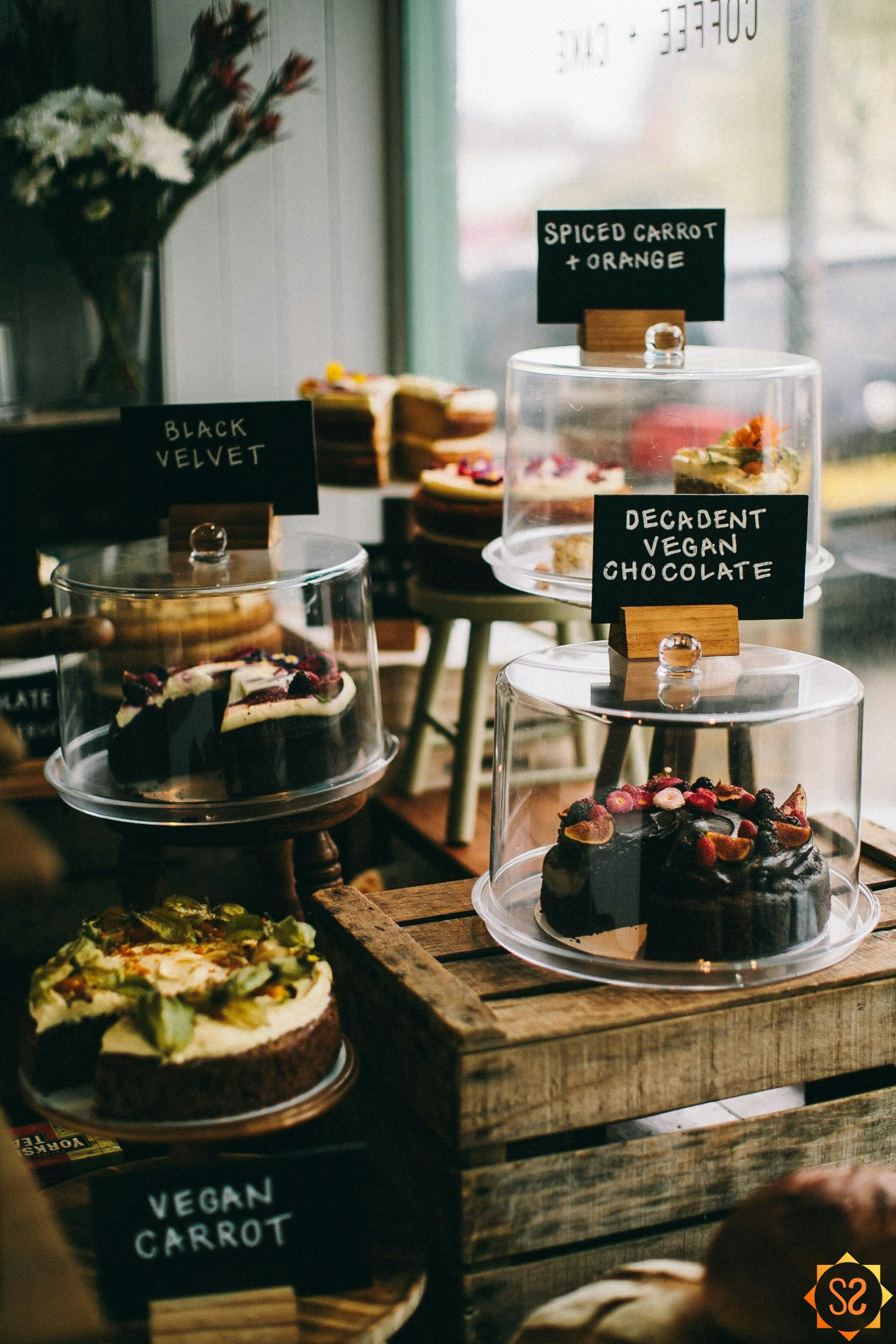
Get some cookbooks for your new diet. Personally, when I get a new cookbook, I look at it as a menu. I make a note of all the recipes I eventually want to try. I categorize them (breakfast, main meals, sides, desserts, etc.), and later, when I don't know what to make, I go to my list and pick something out. After I've made it, I make notes about how much I liked it, or what I might want to change when I make it again.
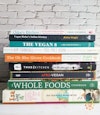
Trying new things in the grocery store can be a high-risk activity. You're spending money on things that you may not even like (except at Trader Joe's, where they encourage you to try things and return them if you don't like them). So when I'm trying new things, I look for what's on sale. Almost everything eventually goes on sale, so it's just a matter of time before I can try something with a lower monetary risk.
I also use an app called Ibotta. They pay cash back for lots of different food items. I can often find things on sale that also have cash back offers from Ibotta, and with both discounts combined, they end up being cheap, free, or even paying me money to try them. This doesn't happen all the time, but if you keep an eye on it you'll occasionally find those great deals. (If you don't have the Ibotta app (click here) and enter my code: rxpkjcs when you register. Disclaimer: I also get a bonus when you use my code.)

Master Your New Go-To Foods
Snacks, meals, smoothies, whatever. We all need go-to foods that we can fall back on when we don't know what to eat. Or when we don't have a lot of time to cook, or when our budget doesn't let us buy the foods we'd really like to, or when we're just stressed and can't handle figuring it out.
Go-to foods should be convenient, delicious, and reasonably nutritious. If you're on a budget (or your income varies, like mine), they should also be cheap. The better you know what these foods are for you, the easier your transition will be. For me, some of my go-to foods are:
pasta with cashew pink sauce and frozen veggies
mashed garbanzo beans with onions and tomatoes in a light teriyaki sauce, on a bagel
carrots and hummus
bananas
pasta with peanut butter sauce
oven-roasted veggies with rice (especially beets, sweet potatoes, butternut squash, and mushrooms)
I can put together anything on this list with less than 15 minutes of work. Some of these things take a little longer to cook, but they can cook mostly unattended. I can make any of these things without a recipe and with ingredients that I almost always have at home already. The ingredients are also very affordable, so I can continue eating organic even when funds are low.
Keep Some Pre-Cooked Meals in the Freezer
Similar to your go-to foods, these should be on hand for those moments when you don't know what to eat or when you don't feel like cooking. You can buy these at the grocery store if the meals available there meet your diet. Or you can also prepare these yourself ahead of time. Some people cook meals specifically for that purpose; they might use their Sundays to cook meals for the entire week. Personally, I just like to make extra when I'm normally cooking, and I set aside a couple portions for the freezer. There are also companies that will send you meals that require very little preparation, so check those out if they fit your budget.

Know Your Lifestyle
We all have different lifestyles, so a change in diet can affect us in different ways. Personally, I almost never eat out, so finding a restaurant to eat at is not usually one of my major challenges. But I do like to work and work and work until I'm basically starving, then I stop to cook. It would be easy for me to just eat the most convenient food I can find, and not cook at all. But because I know that I tend to do that, I keep a light, healthy snack around to eat before I start cooking. That might be a banana, a granola bar, or some carrots and hummus. Once I have had a snack and my hunger is under control, I am more willing to take the time to cook something nutritious.
Whatever your habits are, you can probably predict when you'll be likely to face a challenge because of it. I can tell you that when I'm hungry I'm a little irrational (maybe you can relate). The fact that I have predicted and planned ahead for these moments constantly saves me from bad food decisions!
Making positive changes to your overall lifestyle will also help support your new eating patterns. Making sure you're getting enough sleep, reducing stress, and staying active will prevent emotional eating and enable good choices with food.
Know Your Weaknesses
When are you most likely to fall back on old eating habits? For me, it's when I'm under stress and I can't decide what to eat, so I go to what's familiar. For you, it might be when you pass by or smell one of your favorite foods that you're not eating anymore. Maybe it's being around friends who are eating things you'd like to eat. Maybe it's when you're at a fancy restaurant and the only thing vegan on the menu is a $25 side salad and you want real food. What are you going to do? When you're hungry is not the time to be making those decisions. Plan ahead!

Planning ahead might involve one of the techniques I mentioned above, like having frozen meals or healthy snacks around. Or it might be something different, like eating some food before you go to that restaurant whose only vegan option is a salad. Maybe you'll bring some of your own foods to that cookout instead of trying to survive on grapes and hummus.
Get Support
Changing your diet is a million times easier when you have the support of the people around you. That might mean that you have a friend who already eats the way you want to, or is changing their diet at the same time you are. Being able to share recipes, places to go out to eat, and even frustrations, can make a big difference in your ability to stick with your new food lifestyle.
But even if you don't have a friend who wants to eat the same way that you do, your friends can still (and hopefully will want to) support you! Let them know what changes you're making, and why it's important to you. Whether it's for your health, weight, self-confidence, or anything else, your friends can become allies when they understand what your new diet means to you. Sometimes I worry I'm going to be a burden to my non-vegan friends when I need to find a restaurant that has options for me. But my friends always go out of their way to accommodate me, and they do it with a smile!

Don't Sweat the Things You Can't Change
Some people change their diets 100% and never go back. I am one of those people, for the most part. But there are some things I've decided not to stress about.
If I accidentally buy something in the grocery store, and I didn't notice that it had honey, or dry milk, or whatever, I don't throw it in the trash, and I don't return it. Stores don't usually resell returned food items, and I don't like waste. So I eat it, I enjoy it, and I remind myself to be more careful next time.
When I'm traveling in a foreign country where it may be hard to get vegan food, I eat vegan whenever possible, and eat vegetarian when I can't or when I'm not sure. At home, I can cook and know everything that's going into my food. When I'm away from home, I have to let go of that control. There are many places where most people don't know exactly what vegan means, and then there's a language barrier too. I'm not going to make myself crazy trying to figure out whether the bread has butter or eggs in it.
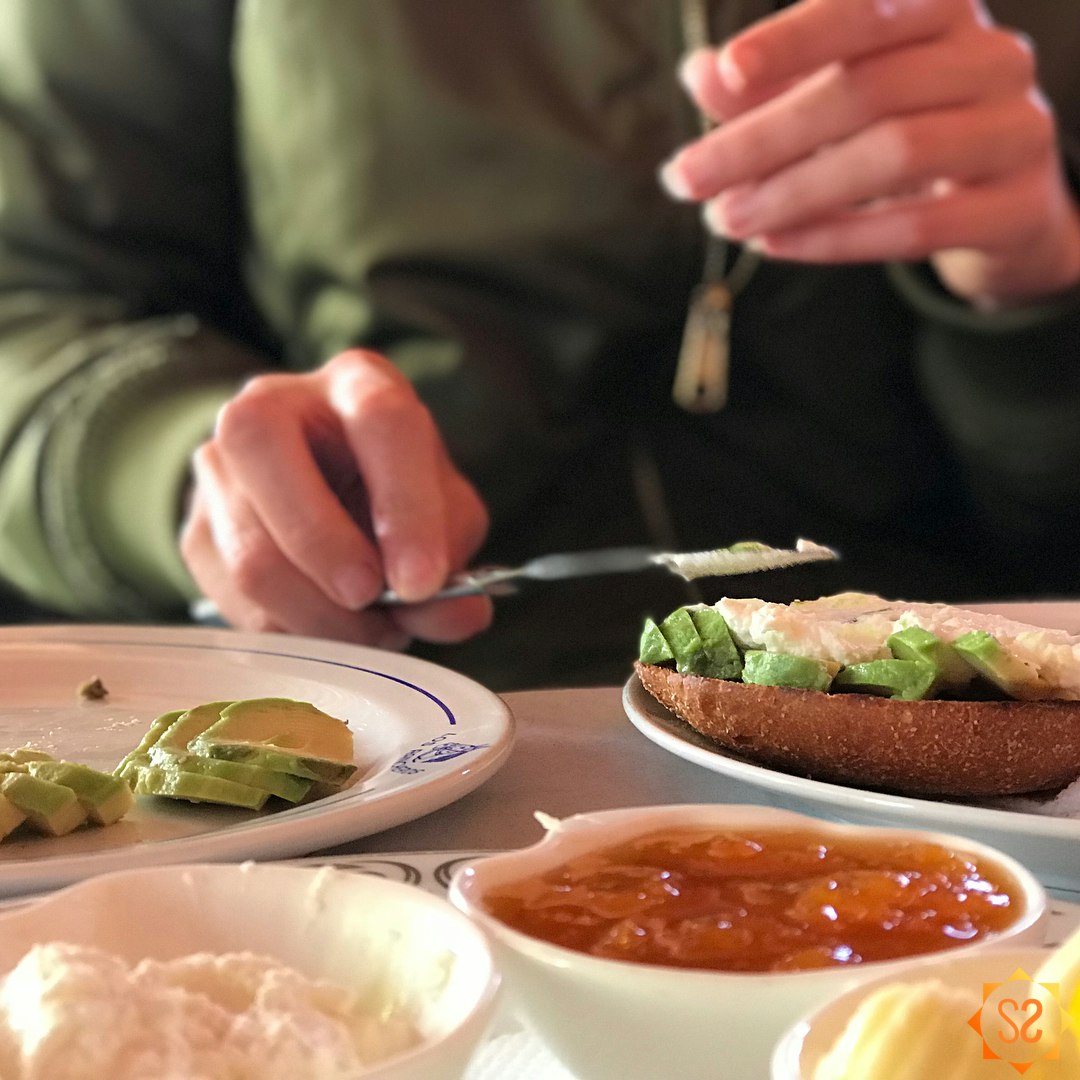
This decision will be different for everyone. Some people give themselves a cheat day once a week and they might continue that way for years before eliminating the cheat day. There's no right or wrong way to go about improving your life. So be kind to yourself, and focus on what you're doing right!
Share this:

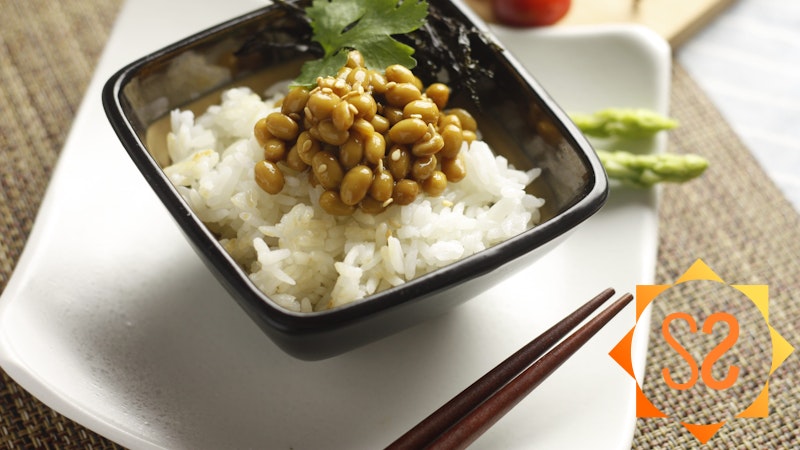

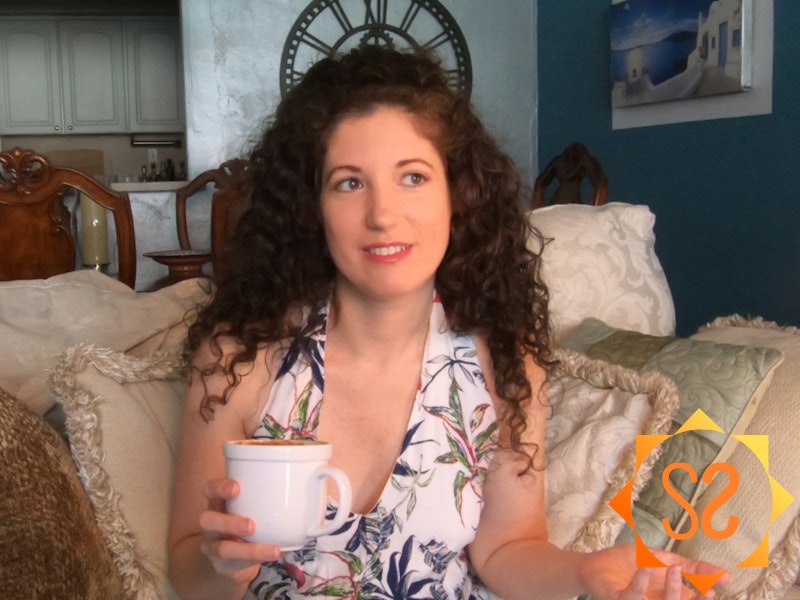
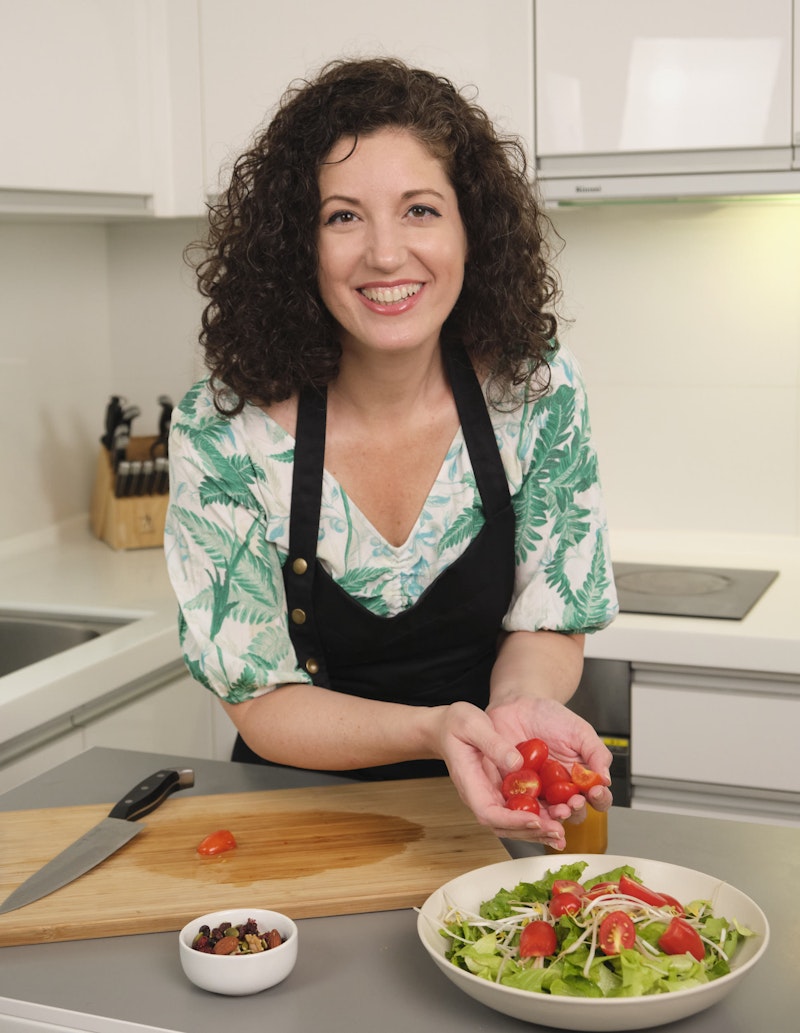


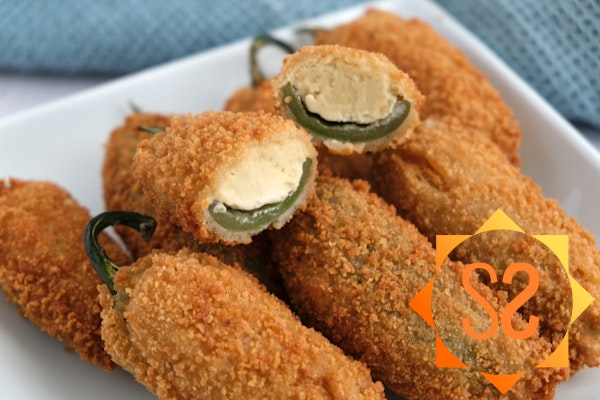


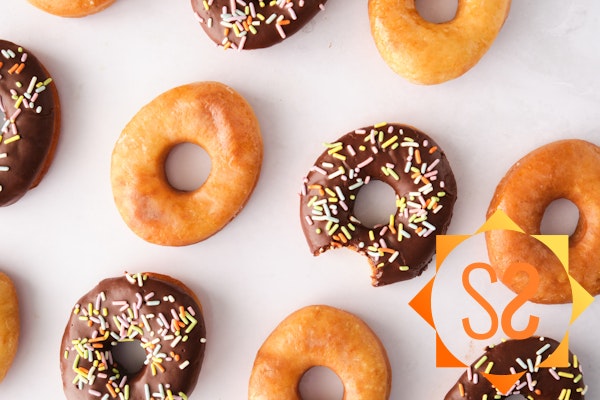
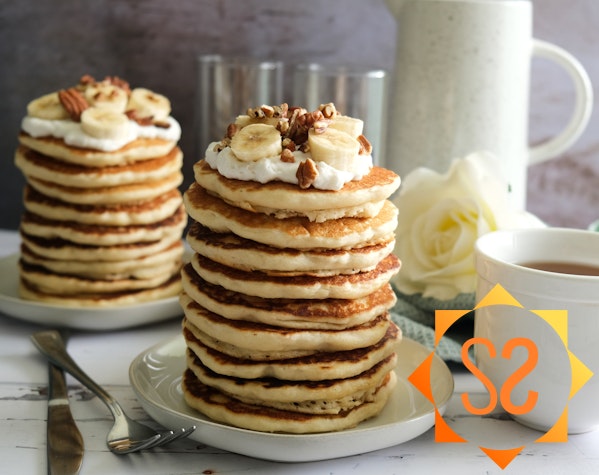
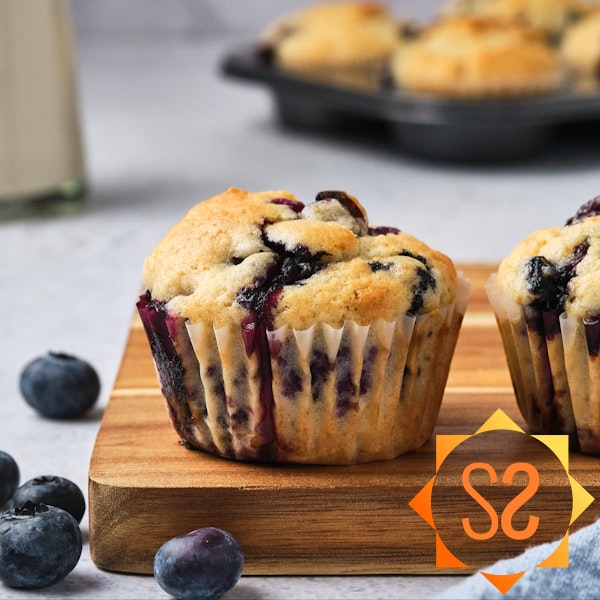
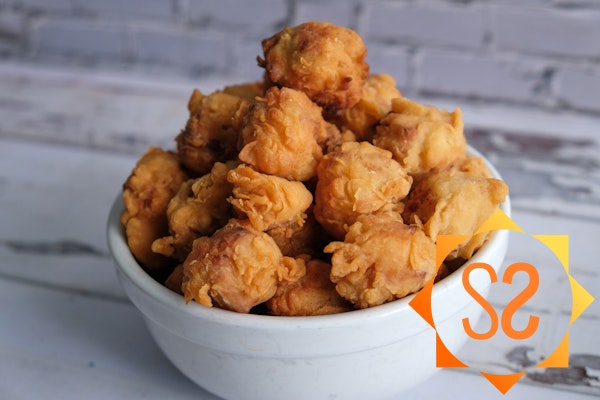

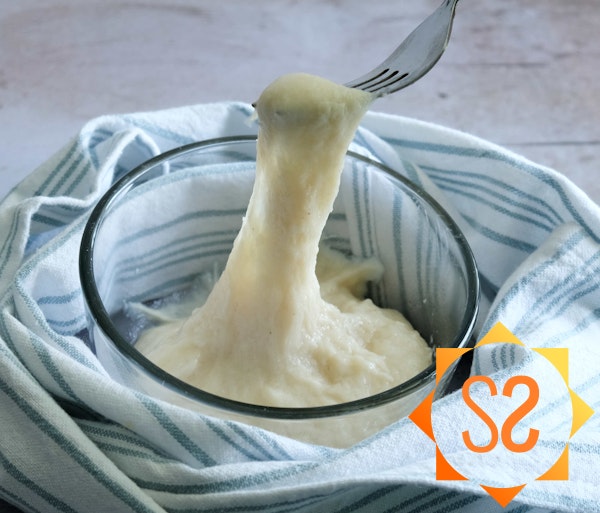

Leave a Comment
I love reading comments! I'll do my best to answer questions, too. If you made the recipe, please leave a star rating, it helps support the blog so I can make more recipes and articles. Thank you!
says